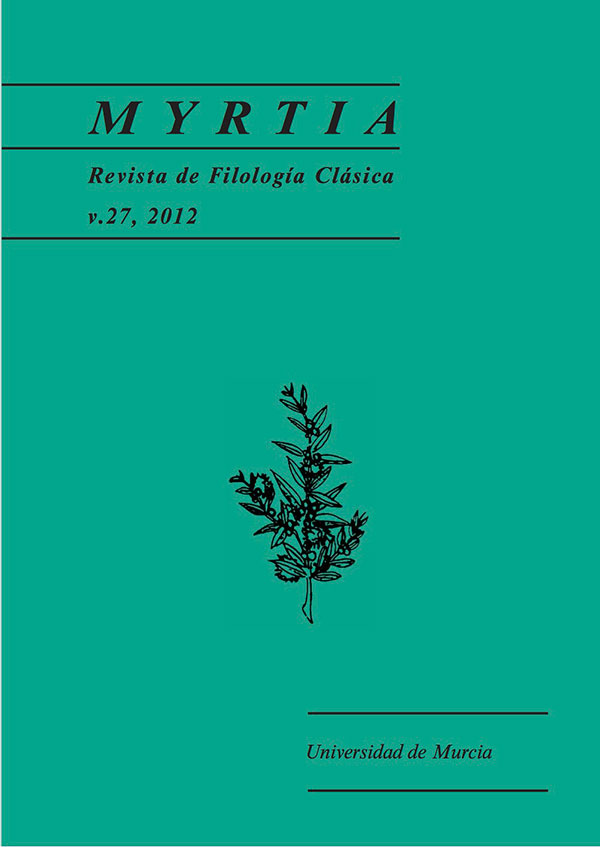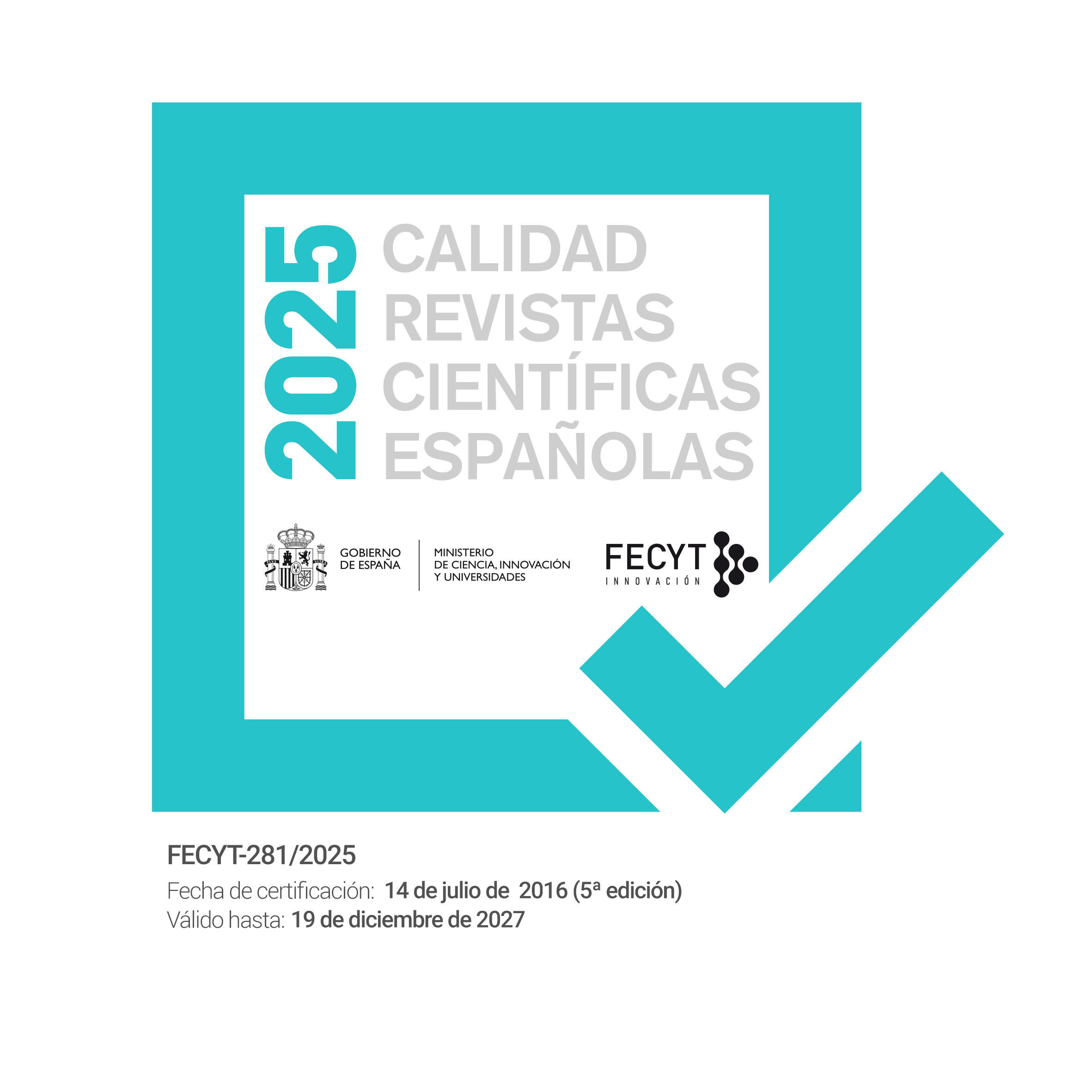Classical motifs and humanist models in the «apologue of the god Contento» from Guzmán de Alfarache (1.1.7)
Abstract
At the beginning of Mateo Alemán’s Guzmán de Alfarache, there is a moral fable concerning the mythical story of the god Contento. This brief episode has been properly studied since its publication, and it has led to very different interpretations on its sources, which range from Lucian of Samosata to Italian humanists such as Leon Battista Alberti, Anton Francesco Doni, and Marsilio Ficino. This paper analyses the passage considering the various proposals, delving into its traditional scene structure and its compositional features. Indeed, the passage is a recreation of the scene the council of the gods, clearly made from Greco-Roman elements. Nevertheless, its meaning and content are rather clear examples of the notable success achieved by Italian humanists in Spain at that time.Downloads
-
Abstract296
-
PDF (Español (España))302
Las obras que se publican en esta revista están sujetas a los siguientes términos:
1. El Servicio de Publicaciones de la Universidad de Murcia (la editorial) conserva los derechos patrimoniales (copyright) de las obras publicadas, y favorece y permite la reutilización de las mismas bajo la licencia de uso indicada en el punto 2.
2. Las obras se publican en la edición electrónica de la revista bajo una licencia Creative Commons Reconocimiento-NoComercial-SinObraDerivada 3.0 España (texto legal). Se pueden copiar, usar, difundir, transmitir y exponer públicamente, siempre que: i) se cite la autoría y la fuente original de su publicación (revista, editorial y URL de la obra); ii) no se usen para fines comerciales; iii) se mencione la existencia y especificaciones de esta licencia de uso.
3. Condiciones de auto-archivo. Se permite y se anima a los autores a difundir electrónicamente las versiones pre-print (versión antes de ser evaluada) y/o post-print (versión evaluada y aceptada para su publicación) de sus obras antes de su publicación, ya que favorece su circulación y difusión más temprana y con ello un posible aumento en su citación y alcance entre la comunidad académica. Color RoMEO: verde.






